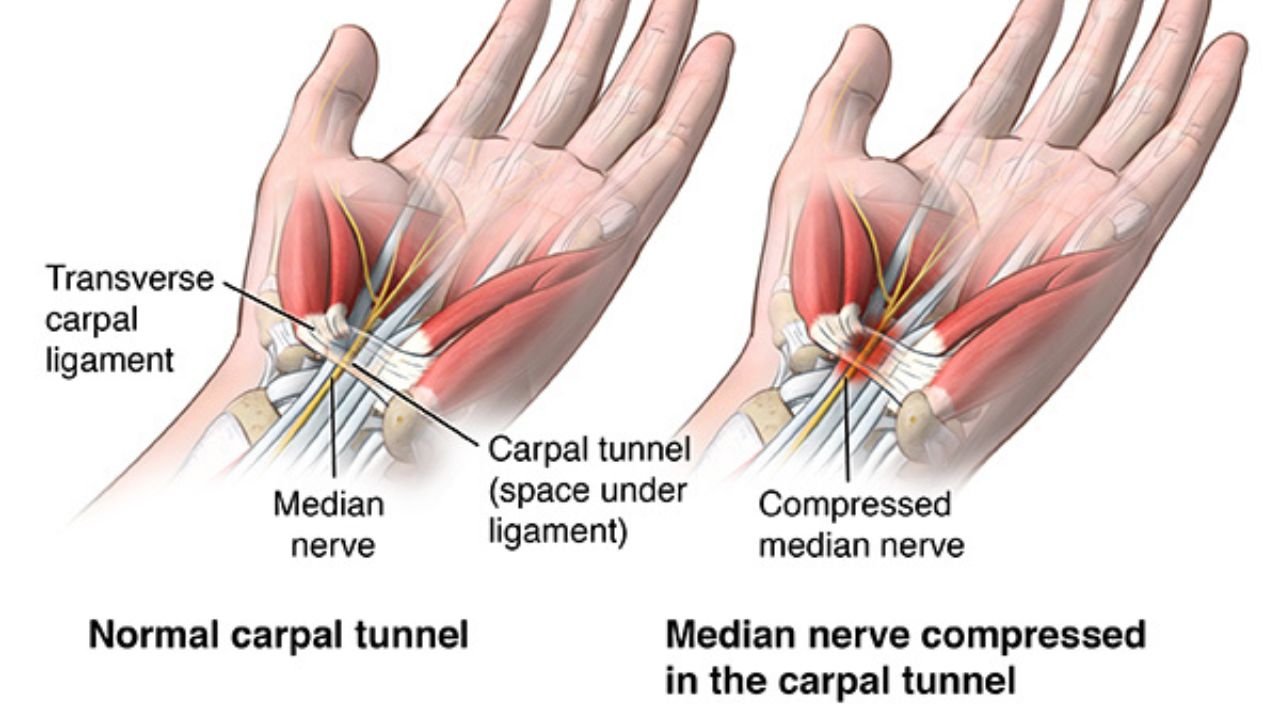
Carpal Tunnel Release Surgery in India: Comprehensive Guide
What is Carpal Tunnel Release Surgery?
Carpal tunnel release surgery alleviates pressure on the median nerve in the wrist, caused by compression from the carpal ligament. This pressure results in pain, numbness, and tingling in the hand and arm. The procedure involves cutting the carpal ligament to relieve the nerve and alleviate symptoms of carpal tunnel syndrome.
Who Can Benefit from Carpal Tunnel Release Surgery?
Carpal tunnel syndrome can affect people of all ages, but it becomes more common as individuals get older. While factors like repetitive hand movements and lifestyle can contribute to the condition, its precise cause is often unknown. People experiencing persistent pain, numbness, or tingling in their hands should consult a healthcare provider to discuss the possibility of carpal tunnel release surgery.
Procedure Details
Carpal tunnel release surgery can be performed using either the endoscopic or open technique:
- Endoscopic Carpal Tunnel: This technique involves making one or two small incisions in the palm. Surgeons insert a small camera (endoscope) through these incisions to guide the procedure. They then cut the carpal ligament to relieve pressure on the median nerve, using the camera to monitor the surgery on a screen.
- Open Carpal Tunnel: This method requires a larger incision, approximately 6 cm, in the palm and potentially extending to the wrist. Surgeons cut through the carpal ligament directly to relieve pressure on the median nerve. After releasing the ligament, they sew the incision closed with stitches.
Recovery and Aftercare
Recovery time varies depending on the type of surgery and the nature of the patient’s job. Most patients experience significant improvement or full recovery within a few weeks, but some may need several months for complete healing. Post-surgery care includes following the surgeon’s advice on hand care, avoiding heavy lifting, and gradually resuming normal activities.
Risks and Complications
Although carpal tunnel surgery is generally safe, potential risks include allergic reactions to anesthesia, infection, bleeding, persistent pain, nerve damage, hand weakness, and tissue buildup.
India provides cost-effective, high-quality carpal tunnel surgery options, helping many patients find relief and improve their quality of life.




